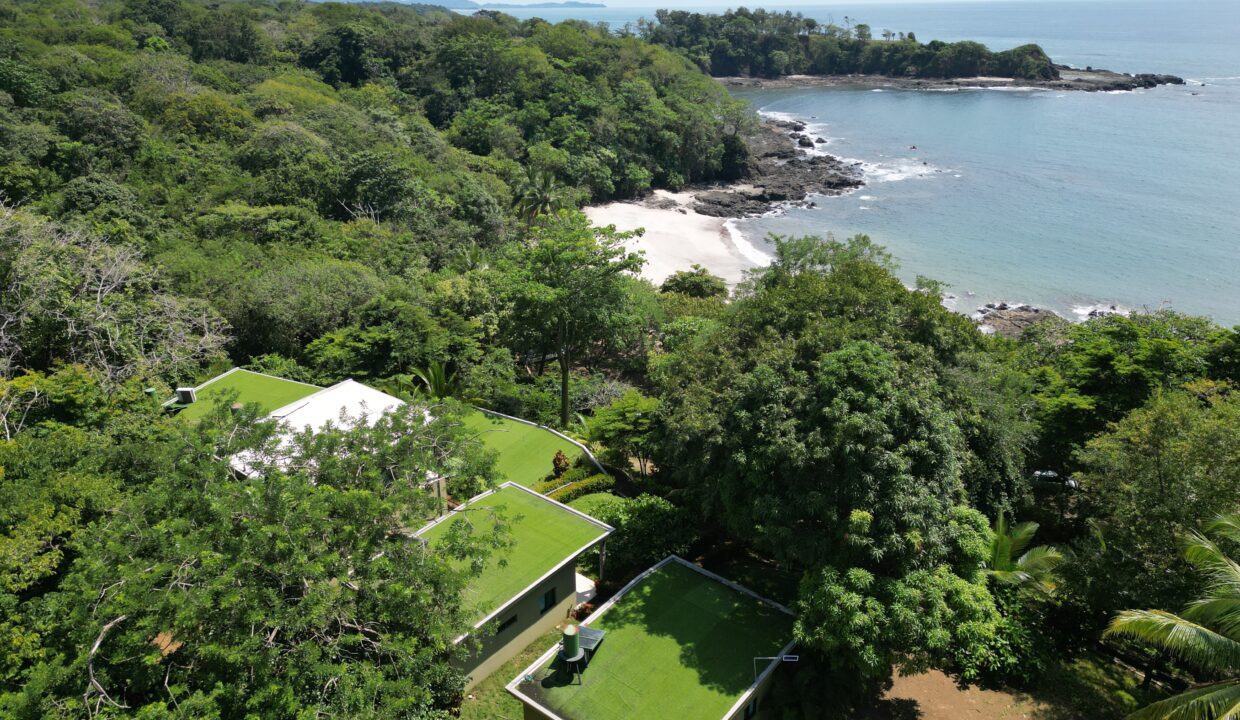
Buying property in Costa Rica can be a great investment, but there are several important things to consider to ensure a smooth and secure transaction. Here’s a list of key things to know before purchasing property in Costa Rica:
1. Legal Ownership for Foreigners:
- Foreigners have the same rights as locals when it comes to owning property in Costa Rica, and can purchase real estate in their name or through a corporation.
- The exception is for property within the Maritime Zone (the first 200 meters from the high tide line), where restrictions apply and foreigners can only lease (concession) the property rather than fully own it.
2. Clear Title & Due Diligence:
- Ensure that the property has a clear title by conducting a thorough title search with a lawyer. The property should be free from any liens, debts, or legal disputes.
- Work with a reputable attorney to verify ownership and the legal standing of the property. They should check the National Registry (Registro Nacional) for any encumbrances or pending issues. ( Read our Section how check this )
3. Maritime Zone and Concessions:
- Properties located within 200 meters of the coastline are part of the Maritime Zone, which is mostly public land. The first 50 meters are untouchable public land, while the next 150 meters are subject to concessions (leases from the government).
- If you are interested in coastal properties, be aware that foreigners can only hold up to 49% ownership in a concession, with the other 51% needing to be owned by a Costa Rican citizen.
4. Water Rights and Services:
- Access to water is critical when buying property in Costa Rica. Ensure the property has a legal water source (either from the local water company AyA , ASADA or from an approved well).
- Additionally, check if the property has access to essential services like electricity, internet, and sewage systems. In rural areas, these services may not be readily available.
5. Building Regulations and Permits:
- Be sure to check local zoning laws and building regulations if you plan to construct or develop on the property. Some areas, particularly in national parks or protected zones, have strict restrictions on development.
- If you plan to build, you will need to obtain a building permit from the local municipality.
6. Hiring a Local Attorney:
- It’s highly recommended to hire a reputable Costa Rican attorney who specializes in real estate law to guide you through the process, handle the legal documents, and ensure a safe transaction.
- The attorney will handle tasks such as conducting a title search, checking for any encumbrances on the property, and ensuring all necessary documents are properly registered.
7. Property Taxes and Maintenance Fees:
- Property taxes in Costa Rica are relatively low compared to other countries, typically around 0.25% of the registered property value.
- Some properties in gated communities or condos may have maintenance or HOA fees that should be factored into the cost of ownership.
8. Financing:
- Financing can be challenging for foreigners in Costa Rica. Most real estate transactions are done in cash.
- Local banks generally require a lot of documentation and may not provide favorable loan terms for non-residents. Many buyers use international banks or arrange financing through private means.
9. Registered vs. Unregistered Properties:
- Ensure the property is registered in the National Registry and that all its details match. Some properties may be partially or incorrectly registered, leading to legal complications.
- Avoid buying property that doesn’t have clear documentation in the National Registry.
10. Hiring a Real Estate Agent:
- While it’s not mandatory, working with a certified real estate agent can help you navigate the property market in Costa Rica. Be sure to hire one who is familiar with the local market and who comes recommended.
- Costa Rica does not have a multiple listing service (MLS), so agents may only show you properties they have a direct listing for.
11. Escrow Accounts and Deposit:
- Use an escrow service to handle deposits and payments. Never pay directly to the seller without going through an escrow account, as this adds a layer of security to the transaction.
- A deposit is often required once an offer is accepted (typically 10% of the purchase price).
12. Closing Costs:
- Closing costs in Costa Rica generally include legal fees, notary fees, and registration costs, which typically range from 3-4% of the property value. The buyer and seller often split these costs, but this can be negotiated.
13. Environmental Regulations:
- Costa Rica has strong environmental regulations, especially for properties near forests, rivers, and beaches. Ensure the land you’re buying complies with environmental protection laws.
- There may be restrictions on clearing land or building close to protected areas, so verify with local authorities.
14. Buying Through a Corporation:
- Many foreigners choose to buy property through a Costa Rican corporation (S.A.). This can offer tax advantages, make the process of transferring ownership easier, and simplify property management.
- If you buy through a corporation, ensure it is properly set up and maintained in accordance with Costa Rican law.
15. Currency Exchange & Payments:
- Property transactions in Costa Rica are typically conducted in US dollars. Be sure to understand the current exchange rates and any applicable currency regulations.
- Consider opening a Costa Rican bank account to manage payments and other property-related expenses.
At Blueb Beach Properties, we have a dedicated team of real estate experts who specialize in navigating the complexities of purchasing property in Costa Rica. Our experienced professionals will manage every aspect of the due diligence process for you, including conducting thorough title searches, checking for any encumbrances or legal issues, and ensuring the property is fully registered with the National Registry. We also handle all legal requirements related to zoning laws, building permits, and environmental compliance, ensuring your investment is protected and secure. With our expertise, you can feel confident that every detail is taken care of, making your property purchase smooth and stress-free.
